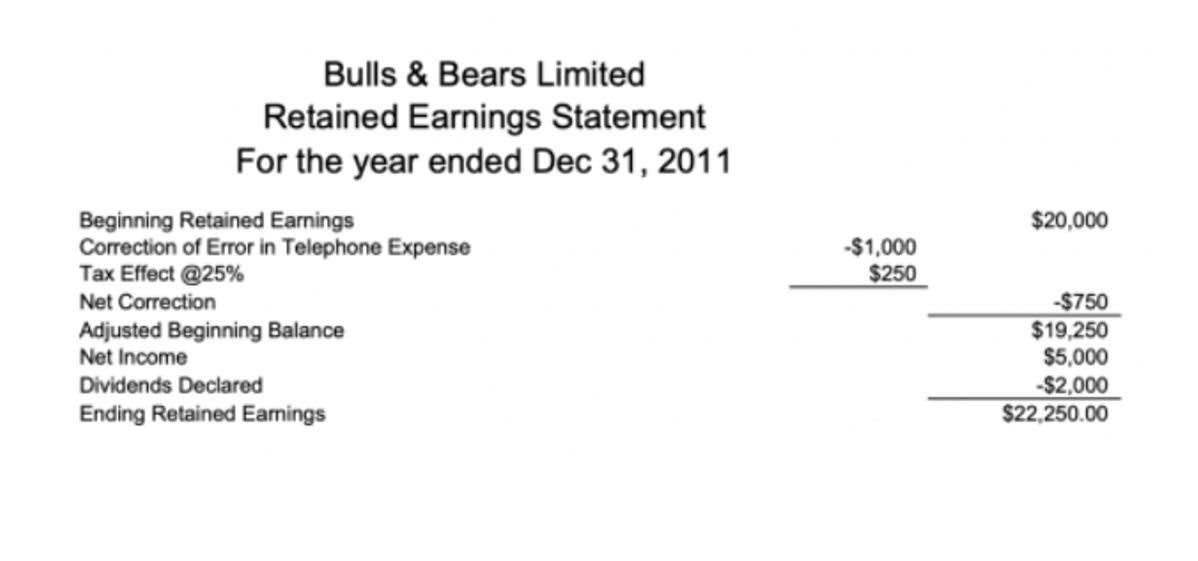
The matching principle states that expenses should
be recognized (recorded) as they are incurred to produce revenues. Some business owners simplify matters by matching their fiscal year to the calendar year. If your company has set up a different fiscal year (July to June, for example), then your cash method accounting must also shift to align with this date range. Understand the cash basis of accounting, explore its advantages and disadvantages, and learn what to consider when choosing this method for a business. With this method, you can also lower your tax burden, for example, by paying some of your business expenses in November or December for services you’ll use the following year. If the company receives an electric bill for $1,700, under the cash method, the amount is not recorded until the company actually pays the bill.
- Specifically, it focuses on when money is received, or expenses get paid, which may not occur exactly when these items are accrued.
- Many small businesses avoid employing accountants and using complex accounting systems when using this method because of its ease of use.
- It’s more likely that the rule changes will help those taxpayers without an accountant to accurately report their cash basis accounts.
- That means it does a better job than cash basis accounting of matching expenses and revenue to the correct time period in which they were incurred.
- The cash basis of accounting is easier to understand than other accounting methods because it focuses on cash transactions only.
Accrual accounting gives a more accurate picture of a business’s or law firm’s true financial health over a period of time. The business doesn’t suddenly look healthy because of a sudden influx of cash, or unhealthy because a large expense has been paid for. Rather, the long-term financial activities of the business are taken into account.
Cash basis accounting: What it is and how to do it
Besides, it will be challenging to switch to the accrual method when your business takes off, and strict regulations will begin to apply. Cash accounting is the easiest, most straightforward method of recording your finances. In cash accounting, this mistake would not be identified until the business receives a bank statement that shows an unexpected low account balance. Whereas in accrual accounting, this mistake would result in an incorrect sum of debits and credits, and the error would be easily revealed on its own. Cash accounting, or cash basis of accounting, is the simplest method businesses can use to recognize their finances.
- The only bookkeeping that needs to be done is the recording of revenue when cash is received, and the recognition of expenses when they get paid.
- In double-entry, for every recorded transaction, at least two accounts are affected and as a result, there is always a debit and a credit entry.
- Cash accounting is the easiest, most straightforward method of recording your finances.
- With that being said, cash accounting is way simpler to manage than accrual accounting.
- In conclusion, the choice between cash basis accounting and accrual basis accounting depends on the specific needs and circumstances of a small business.
Therefore, it might make sense for a small business to start with the cash-basis approach and switch when the company requires greater accountability. At first glance, you might think your business is growing because of the cash balance in your account. But that revenue results from transactions that happened in the past, so it’s not a true reflection of your current revenue. Let’s say that you checked your business bank account and are pleased to see several deposits from clients for past services you’ve performed.
Should your clients use cash basis or accrual accounting?
Companies are generally free to choose which method best fits their business, but many small businesses start out using cash basis because it can be easier. The primary difference between them is the timing of when transactions are recorded. In accrual accounting, you record revenue when it’s earned and expenses when they are incurred, not when cash changes hands. Your accounting, and the financial health of your business, is based on the economic events that affect your business rather than the movement of cash in and out of your business. Because the cash basis of accounting does not
match expenses incurred and revenues earned in the appropriate
year, it does not follow Generally Accepted Accounting Principles
(GAAP). The cash basis is acceptable in practice only under those
circumstances when it approximates the results that a company could
obtain under the accrual basis of accounting.

In fact, digital record keeping will make income tax return preparation even easier under Making Tax Digital because the quarterly reports are driven by a bank feed. If you’re unsure which method makes sense for you, talk with your accountant or bookkeeper. Make sure they understand what you want to gain from your financial statements and that they aren’t basing their advice solely on your business’s tax basis.
Business
In cash basis accounting, transactions are recorded when cash physically moves in or out of your business. More specifically, revenue is recognized as income when you receive payment, and expenses are recognized when money is spent. Accrual basis accounting can give you a more accurate picture of your business’s financial health because it takes your business’s unpaid expenses examples of companies that use cash basis accounting and your customers’ unpaid invoices into account. That means it does a better job than cash basis accounting of matching expenses and revenue to the correct time period in which they were incurred. It also produces a more complete balance sheet that factors in accounts payable, accounts receivable, current assets such as inventory, fixed assets and liabilities like loans.

